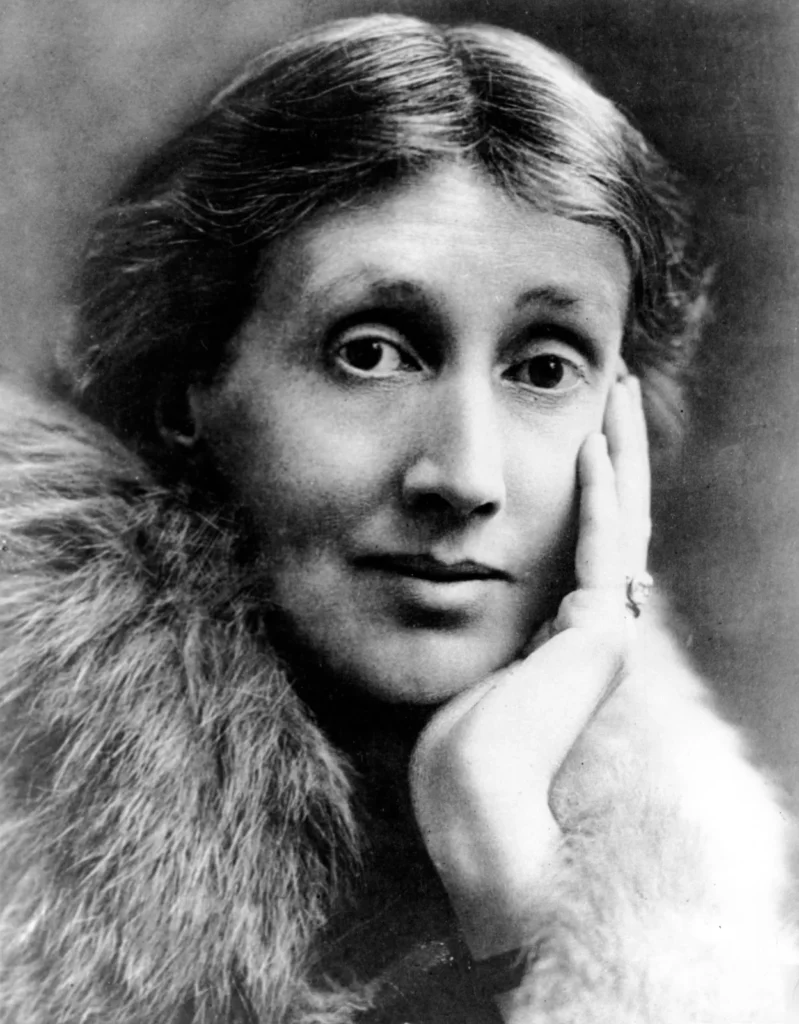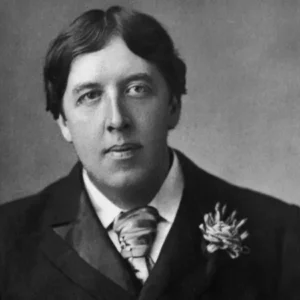
Introduction: Virginia Woolf, a towering figure in modernist literature, captivated readers with her innovative writing style and profound exploration of human consciousness. Let’s unravel the story, fame, and enduring legacy of this literary luminary.
Early Life and Background:
- Born on January 25, 1882, in London, England, Virginia Woolf was raised in an intellectually stimulating environment, surrounded by prominent literary and artistic figures.
- Woolf’s early experiences, including her struggles with mental illness and the death of her mother, greatly influenced her writing and themes of identity, gender, and the complexities of human relationships.
Literary Career and Notable Works:
- Virginia Woolf rose to prominence with her groundbreaking novels, including “Mrs. Dalloway” (1925), “To the Lighthouse” (1927), and “Orlando” (1928), which pushed the boundaries of narrative form and structure.
- Woolf’s stream-of-consciousness technique and innovative narrative strategies revolutionized the modern novel, earning her acclaim as one of the greatest writers of the 20th century.
Fame and Recognition:
- Throughout her career, Virginia Woolf garnered critical acclaim and recognition, with her novels receiving widespread praise for their lyrical prose and insightful exploration of human experience.
- Woolf’s literary reputation was further solidified with the publication of “A Room of One’s Own” (1929), a seminal feminist essay that continues to resonate with readers for its advocacy of women’s rights and creative freedom.
Impact and Legacy:
- Virginia Woolf’s influence on literature and culture extends far beyond her lifetime, with her works inspiring generations of writers, scholars, and readers.
- Her exploration of themes such as mental illness, gender identity, and the fluidity of time continues to resonate with contemporary audiences, cementing her status as a literary icon.
- Woolf’s legacy also includes her role as a founding member of the Bloomsbury Group, a circle of intellectuals and artists who made significant contributions to 20th-century British culture.
Conclusion: Virginia Woolf’s enduring legacy as a pioneering writer and feminist thinker continues to captivate and inspire readers around the world. Through her innovative narrative techniques, profound insights into the human psyche, and advocacy for social change, Woolf left an indelible mark on the literary landscape, ensuring her place among the literary greats for generations to come.



